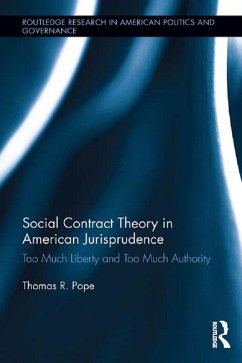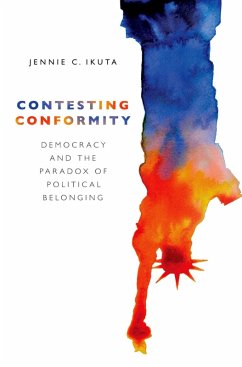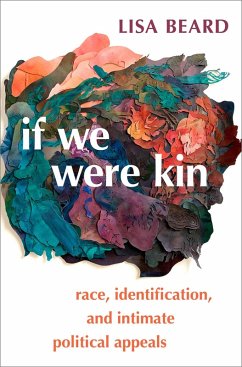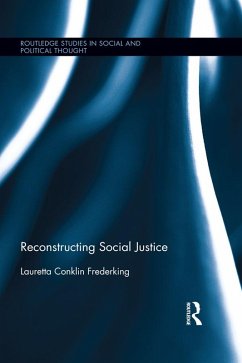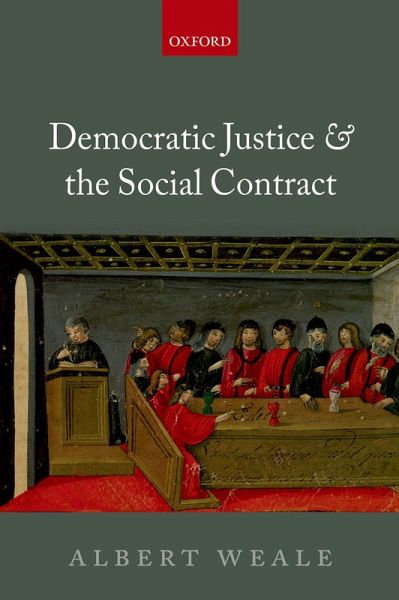
Democratic Justice and the Social Contract (eBook, PDF)
Versandkostenfrei!
Sofort per Download lieferbar
46,95 €
inkl. MwSt.
Weitere Ausgaben:

PAYBACK Punkte
23 °P sammeln!
This book offers a theory of democratic justice. According to the theory, justice emerges from collective agreement among political associates who enjoy approximate equality of power. Such situations can be seen as social contracts, and we find an empirical model for social contracts in the examples of successful common property resource regimes. In these regimes, participants craft collective rules of access to the means of production on an equal basis and producers are entitled to the full fruits of their labour. To interpret this theoretically an account of practical rationality in terms of...
This book offers a theory of democratic justice. According to the theory, justice emerges from collective agreement among political associates who enjoy approximate equality of power. Such situations can be seen as social contracts, and we find an empirical model for social contracts in the examples of successful common property resource regimes. In these regimes, participants craft collective rules of access to the means of production on an equal basis and producers are entitled to the full fruits of their labour. To interpret this theoretically an account of practical rationality in terms of individual and public deliberation is required. In tracing the move from small scale to large scale societies, three important transformations become apparent: in political institutions; in the economy; and in the functions of the household. All are relevant to the understanding of justice. In great societies representative parties making policy and law in shifting coalitions in parliaments elected by proportional representation exemplify political equality and so instance one form of democratic justice. In the economy corporate hierarchies modify the full fruits principles, not always in the direction of justice. Redistribution is justified as a means of smoothing income across the life-cycle, rather than by appeal to economies of scale or a simple principle of need. The sense of democratic justice requires commitment to the maintenance of those institutions that protect common interests, whilst acknowledging where there are differences of interest. This sense of democratic justice needs to be upheld by effective governance.
Dieser Download kann aus rechtlichen Gründen nur mit Rechnungsadresse in A, B, BG, CY, CZ, D, DK, EW, E, FIN, F, GR, HR, H, IRL, I, LT, L, LR, M, NL, PL, P, R, S, SLO, SK ausgeliefert werden.





